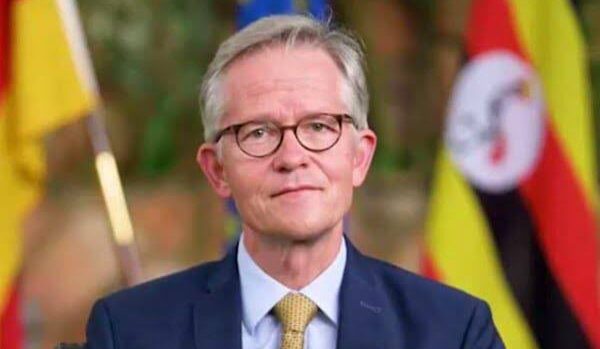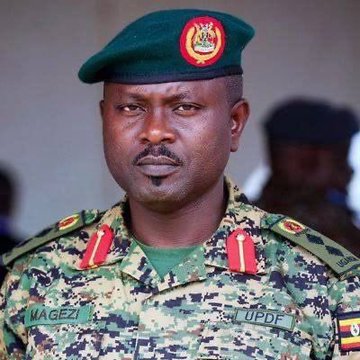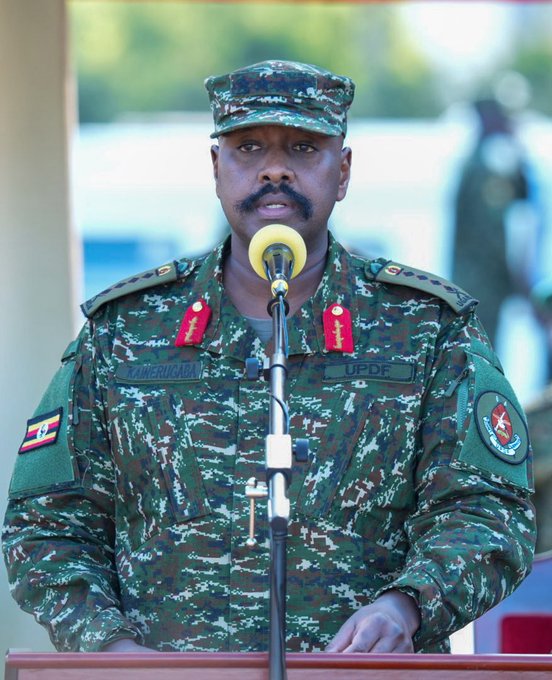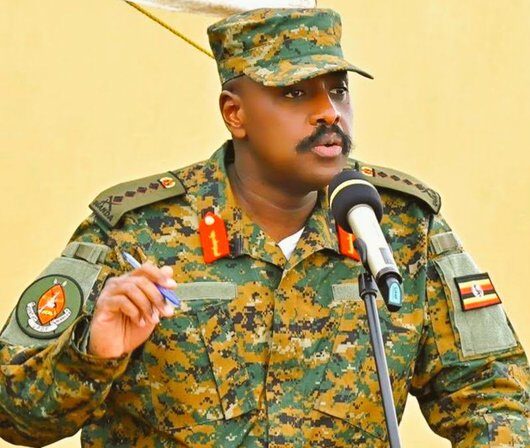Uganda has sent shockwaves through its diplomatic community with the abrupt suspension of all defence and military cooperation with Germany, marking one of the most serious rifts between Kampala and a European nation in recent memory. The announcement, made by the Uganda People’s Defence Forces (UPDF) on Sunday, May 25, 2025, is rooted in allegations of subversive activities by Germany’s top envoy in Kampala, Ambassador Mathias Schauer.

A Rare and Dramatic Move
Direct public accusations of subversion against a foreign ambassador are highly unusual and typically signal a profound breakdown in diplomatic relations. The UPDF’s statement, delivered by Colonel Chris Magezi, Acting Director of Defence Public Information, cited “credible intelligence reports” that Ambassador Schauer had been “actively engaged in subversive activities” and was supporting groups opposed to the Ugandan government. The suspension is immediate and will remain in force until the matter is resolved, according to official communications.

The Allegations and Their Context
Colonel Magezi accused the German ambassador of interfering in Uganda’s internal affairs, particularly by allegedly backing opposition groups ahead of next year’s general elections. The statement referenced incidents where Ambassador Schauer reportedly criticized the conduct of General Muhoozi Kainerugaba, the son of President Yoweri Museveni and current UPDF chief, for causing “reputational damage” to Uganda through his social media posts. The ambassador’s comments, captured in viral videos from a closed-door meeting in Gulu, reportedly prompted senior officials to call for public disavowals of such behavior.

The UPDF further alleged that Schauer’s actions contravened the 1961 Vienna Convention on Diplomatic Relations, which explicitly prohibits diplomats from interfering in the internal affairs of the host state. According to the convention, diplomats are expected to respect local laws and regulations, and any breach can lead to their being declared persona non grata, though direct public accusations are rare and reserved for the most serious of disputes.
Reactions and Broader Implications
The suspension has sparked a range of reactions both domestically and internationally. Opposition leader Robert Kyagulanyi, widely known as Bobi Wine, dismissed the allegations as a “ridiculous” attempt to criminalize dissent and shield the government from accountability. He accused the regime of routinely manufacturing threats to justify crackdowns on political opponents.
Meanwhile, exiled Ugandan novelist Kakwenza Rukirabashaija, who has previously suffered state torture, described the military’s actions as emblematic of a government “frozen in anachronism” and called for tougher international sanctions against Uganda’s security establishment. He urged the European Union to reassess its relationship with Kampala, arguing that the EU’s integrity should not be compromised for the sake of maintaining influence.
The German embassy has not issued a public response to the allegations, and the European Union has remained silent as well. The situation has caused consternation among diplomatic circles, with Uganda’s UN ambassador Adonia Ayebare referring to the diplomatic exchange as a “fiasco” and questioning the handling of press access during the Gulu meeting.
Domestic and Regional Security Concerns
The UPDF’s statement also referenced ongoing investigations into alleged rebel plots and acts of economic sabotage, including the destruction of electricity infrastructure in central Uganda. Many of those arrested have been linked to the National Unity Platform (NUP), the main opposition party, though these claims are strongly denied by opposition leaders. The military insists that foreign embassies, particularly Germany’s, have been involved in funding and mobilizing dissident groups—a charge that, if proven, would represent a significant escalation in the government’s confrontation with its critics.
Looking Ahead
The suspension of defence ties threatens to unravel years of military partnership between Uganda and Germany. It also raises questions about the future of Uganda’s relations with other Western nations, especially as the country approaches a contentious election season. The move has been interpreted by some as a preemptive strike by the government to stifle dissent and tighten its grip on power, while others see it as a genuine response to perceived threats to national security.
In the coming days, the international community will be watching closely to see how Germany and the EU respond, and whether this diplomatic crisis will lead to further isolation for Uganda or prompt a reevaluation of its foreign policy priorities.

